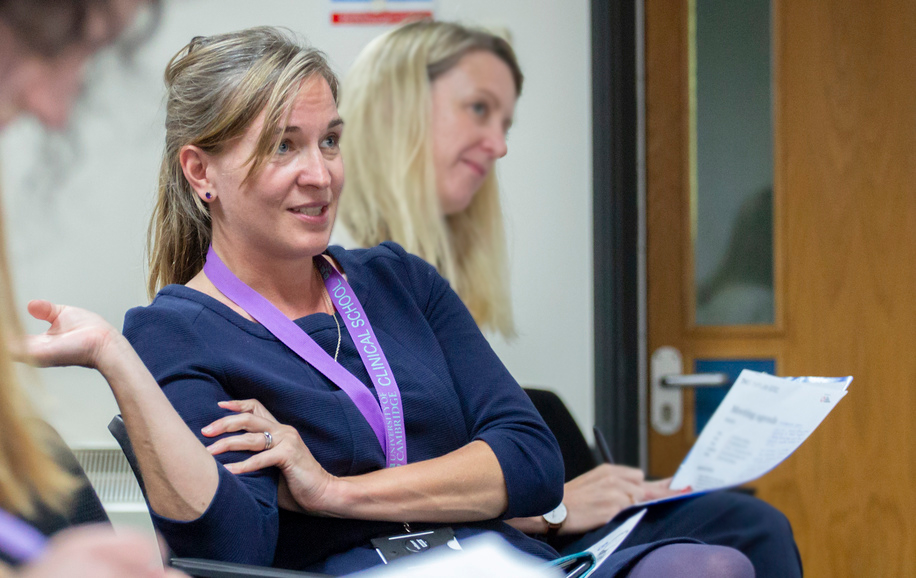Martin G, Chew S, Dixon-Woods M. Uncovering, creating or constructing problems? Enacting a new role to support staff who raise concerns about quality and safety in the English National Health Service. Health: An Interdisciplinary Journal for the Social Study of Health, Illness and Medicine. 2021;25(6) https://doi.org/10.1177/1363459319901296
Uncovering, creating or constructing problems? Enacting a new role to support staff who raise concerns about quality and safety in the English NHS
Why it matters
Employees have an important role in communicating concerns about the quality and safety of care they are involved in providing. They may have insights into problems that are not easily spotted in other ways, but it can be hard to establish effective systems to encourage and support people who want to speak up.
Research on employee voice across different industries has identified psychological and organisational characteristics that encourage or inhibit people from speaking up about concerns. Employee voice covers a range of things, from talking informally with colleagues about issues or raising concerns with people in more senior positions, to high-profile whistleblowing, often to regulators or the press.
In the UK, there have been high-profile incidents in the health service where failure to speak up or to listen to concerns has been implicated. These have driven efforts to encourage employees to speak up.
The NHS in England has introduced a role called the ‘Freedom to Speak Up Guardian’. Guardians are employed by every healthcare provider, to advise and support staff at any stage of raising a concern.
There are no obvious parallels or precedents for the role internationally. Given the importance of raising concerns, there is great interest in the role, but it has not previously been evaluated.
Our approach
We interviewed 51 people, including , clinicians, managers, policymakers, regulators and others. The interviews were semi-structured, using a guide to make sure we covered key topics.
Data were collected between July 2017 and January 2018. Interviews were transcribed and a process of careful and repeated reading and coding was used to identify themes.
What we found
We considered how healthcare organisations put the new role into practice, the early experiences of Freedom to Speak Up Guardians themselves, and the implications of these approaches and experiences for how concerns about quality and safety are identified, articulated and heard.
The role of Guardian sits within a complex set of existing systems and processes, so it was not straightforward to introduce it in practice. One approach has been for Guardians to be seen as having a signposting or coordinating role in relation to quality and safety concerns. Some organisations were wary of the Guardian role having a negative impact on existing systems, and so tried to create boundaries around its exact remit.
The concerns people brought to the Guardians were often different from those anticipated when the role was being developed. This meant Guardians were tasked with understanding and dealing with issues that could not always be easily classified or appropriately escalated. This aspect of some Guardians’ caseload was the most challenging, but potentially also the most valuable. Untangling the threads of an issue sometimes revealed more complicated problems than was initially apparent, with the threads sometimes leading into wider structural and systemic concerns. This required active work on the part of Guardians, rather than simply signposting.
Our analysis suggests that the potential contribution of the role might be understood as helping people who have concerns to work out what to do with those concerns, not simply as a source of information about what counts as a concern and what to do with it.
The findings suggest for the future development of this and similar roles, the work of raising concerns should be reimagined and re-presented, so that it not solely associated with whistleblowing, but instead related to a broader range of ways to speak up. Limiting Guardians’ input to clearly defined issues may not be the best use of their role.




